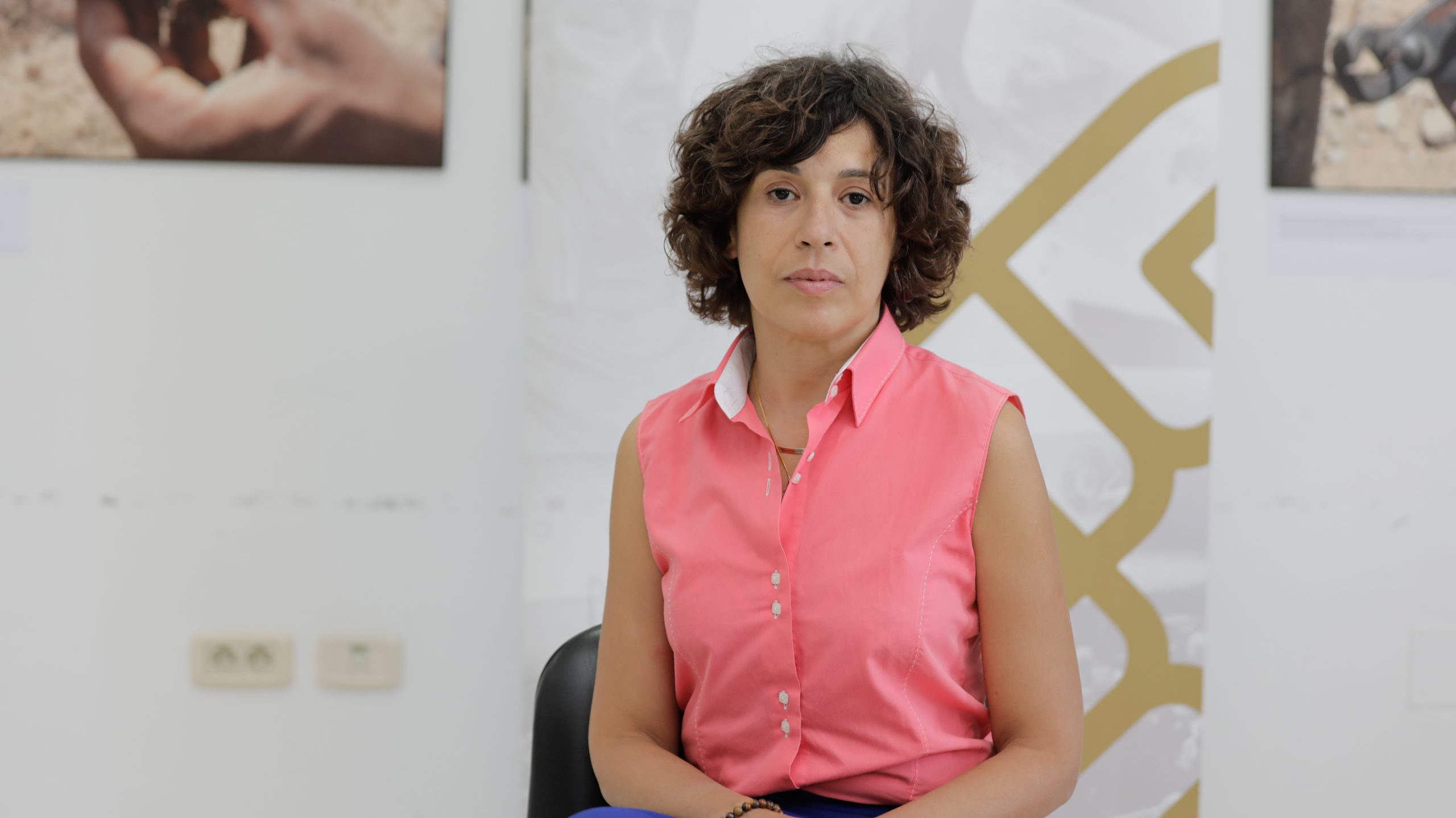2023
Project: Unveiling religious identities and beliefs: Shīʿī teaching in the scholarly milieu in Kairouan during the Fatimid period
Dr. Asma Helali
(University of Lille/ France)
Asma Helali is an associate professor of Islamic studies at the University of Lille, France. Dr Helali has worked in various research centers in the Arab world, U.S, Europe and the United Kingdom. Her main interest is the transmission of religious texts in early and mediaeval Islam. She is currently member of the Templeton Religion Trust project, Paratexts Seeking Understanding, University of Glasgow and she is director of The Kairouan Manuscript project (KMP), University of Hamburg, Center for the Study of Manuscript Cultures (CSMC). She is the author of The Sanaa Palimpsest: The Transmission of the Qur’an in the First Centuries AH (Oxford University Press, 2017), and The Making of Religious Texts in Islam: The Fragment and the Whole (Gerlach, 2019).

Project Identities & Beliefs
The project studies the history of the teaching tradition in the scholarly milieu in Qayrawan during the Fatimid period. The research will be based on manuscript evidence held in the Bibliothèque Nationale de Tunis and more precisely on marginal annotations in Qur’an fragments. Marginal and interlinear comments on selected Qur’an manuscripts will be scrutinized in order to demonstrate how such sources are lived traditions to which Muslim scholars in the Fatimid city at the Xth and XIth centuries, studied, taught, and interpreted religious material. These teacher-student annotations include reading instructions, marginal and interlinear comments and also textual variants. Once analyzed systematically, this data will allow studying the religious beliefs in the Fatimid Kairouan and the ways the Muslims interacted with the scholarly milieu. It also allows observing the relationship between Sunnī and Shīʿī teaching networks. The result of the project will be to add to our understanding of early Islamic scholarship. The project will not only bring new knowledge, but also knowledge of different type: the lived tradition of copyists, teachers and students.
